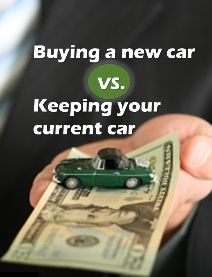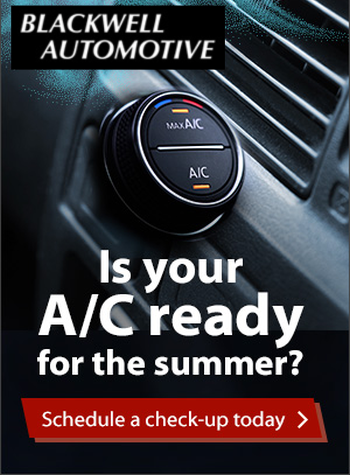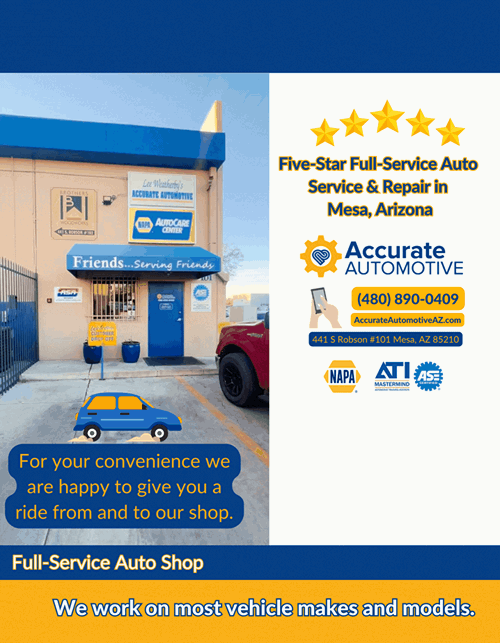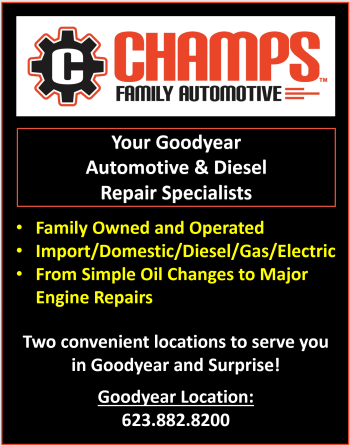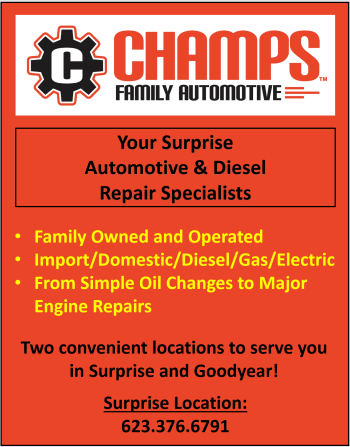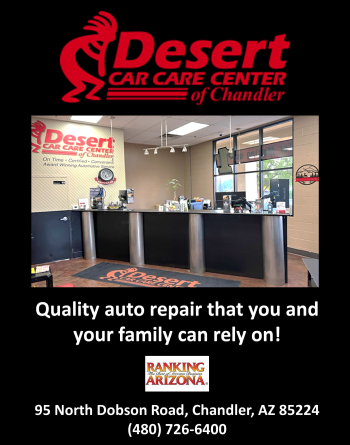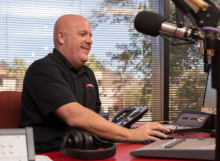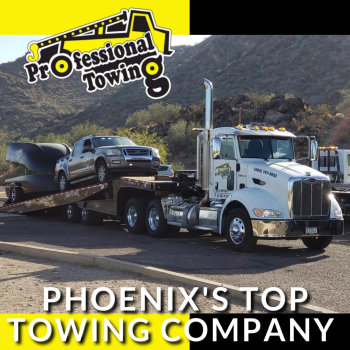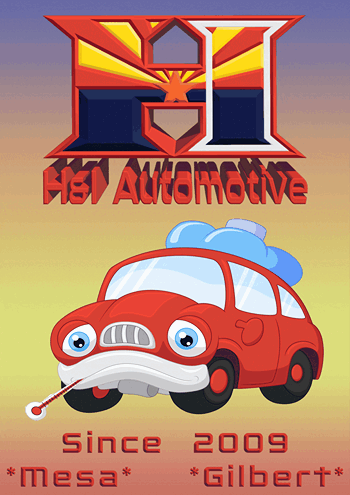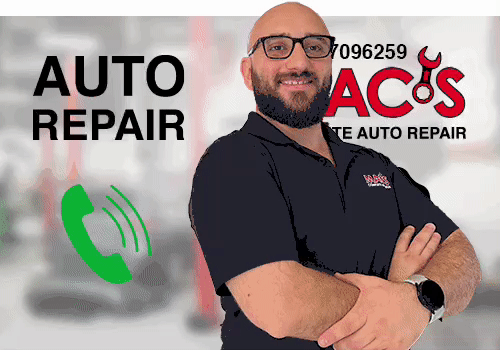In order to realize savings by extending the life of your current vehicle, the Car Care Council recommends following a vehicle service schedule, such as the free personalized service schedule and email reminder service. You should be sure to have your vehicles inspected if you suspect there is a problem and remember to address minor repairs before they become more complicated, expensive repairs. A copy of the Car Care Guide should be kept in the glove box as an auto care reference and can be ordered free-of-charge at www.carcare.org/car-care-guide.
“The average vehicle cost about $3,900 in the early 1970s, but didn’t last anywhere near as long as cars do now. Today, that cost has jumped to over $33,000, and the average age of passenger vehicles is 11.5 years,” said White. “With proper routine maintenance, the typical car should deliver at least 200,000 miles of safe, dependable, efficient and enjoyable performance.”


